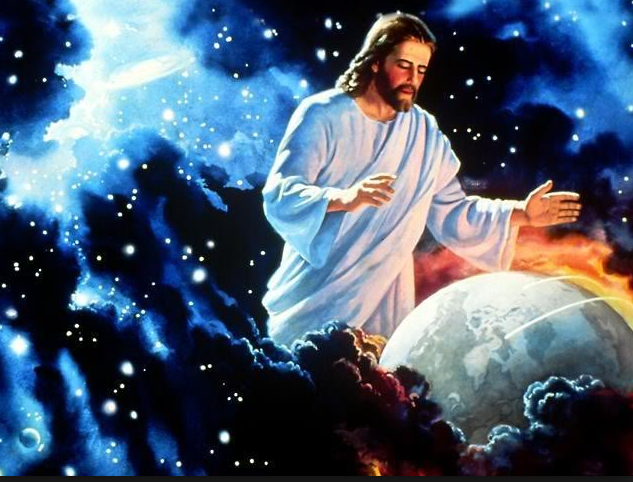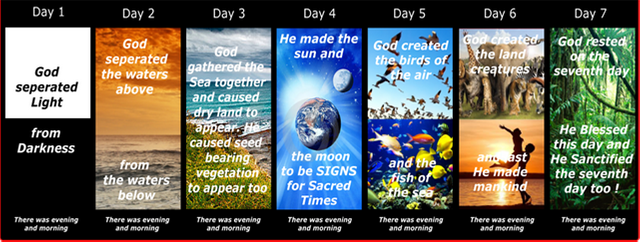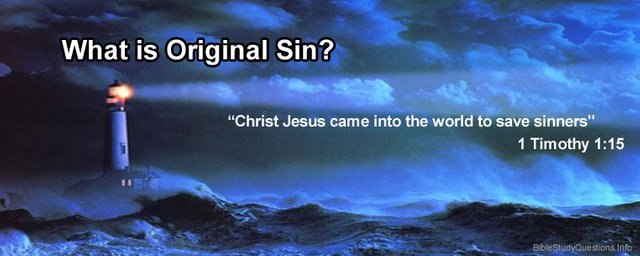Is Evolution Really Compatible With Christianity?

It is sometimes claimed that Genesis is not meant to be taken at all literally, but in fact closely lines up with (and is a metaphorical description of) the actual processes now understood to have resulted in the formation of the universe, the Earth and life on it. (This defense does not extend to the creation stories of other religions, which Christians are content to dismiss as simply incorrect.)
However, Genesis asserts that the Earth existed before the sun, trees and other land vegetation before sea creatures and birds before land animals. The order itself is wrong, and it's never been explained what is metaphorically conveyed by getting the order wrong which could not have been conveyed while keeping the order accurate.

It’s also very telling that each day’s worth of creation events is followed by “the evening and morning” of the next day according to scripture, things that literal days have which “indeterminate periods of time” do not. On top of which Genesis 1:4-5 defines what a yom/day is and what distinguishes it from night, making it very clear from the context that they intended 'yom' to mean a literal day rather than 'eon' or something.
Further frustrating efforts to misrepresent Genesis as purely metaphorical, the genealogy provided early in the OT traces all the way back to Adam and Eve. Unless we're to believe that genealogy is metaphorical (whatever that could possibly mean) this confirms that they believed Adam and Eve were real people from whom mankind descended, and by extension that Genesis accurately describes how humans came into existence.
It can (and does) have additional metaphorical layers of meaning on top of that, but they aren't free license to dismiss the fact that the literal meaning underneath is factually incorrect, yet supposedly the product of divine revelation.

To recap: Yes, the Hebrew "yom" can mean an indefinite period of work, but it can also mean a literal day. To figure out which was meant, we should examine the context. In the context of Genesis 1:4-5 where God creates separates day (yom) from night, and the evening and then morning of the first day follows, it's quite clear the authors were referring to literal days which are light out and have evenings/mornings rather than indefinite work periods which don't:
"3 And God said, “Let there be light,” and there was light. 4 God saw that the light was good, and he separated the light from the darkness. 5 God called the light “day,” and the darkness he called “night.” And there was evening, and there was morning—the first day."

To expand on the fourth paragraph, the genealogy provided later traces back to Adam and Eve as literal ancestors. This by extension confirms that the story of Adam and Eve in the garden is something ancient Jews and later Christians sincerely believed to have occurred.
Indeed, if it didn't occur then Adam never incurred original sin by eating of the tree. Which means we did not inherit original sin and Christ died for nothing on the cross. A literal Genesis account is a load bearing pillar, without which the rest of Christian theology collapses.

Moderate Christians are lying to themselves about the intended meaning of Genesis because the obvious errors in it embarrass them. Anything possible to flatly disprove is “strategically reinterpreted” as metaphorical, which is the essence of apologetics.
I don't really agree with this. First off, you have to take the genesis narrative in historical context. The creation narrative in Genesis is a retelling of more ancient Mesopotamian myths. In the Mesopotamian account, humans are creaed by the god (annunaki/elohim), who are the sons of God (Anu/El). Genesis repeats this narrative, but takes the plural elohim (gods) as singular. This one God is not just El (a god) but Elohim (all the gods). All the various powers attributed to the various deities are attributed solely to the one God who singularly has all the powers and characteristics ascribed by the Mesopotamians to all of their various gods as separate deities. The God of Israel, who created the world, is a God of gods! In the Mesopotamian account, mankind is created to serve the gods, to be slaves to the gods, but man rebelled and sought freedom, so the gods had to destroy primitive man with a flood. In the biblical narrative, God created mankind to be free, to thrive and prosper in the Garden of Eden, and man only became a slave by sinning against God. Man was created for liberty, not slavery; he only had one rule he had to respect, but he messed that up. Men became so enslaved to their sinful natures as fallen men that God had to destroy primitive man in a flood in order to save some men, namely Noah and his descendants, so that they could enjoy liberty on a new post-deluge Earth. The Israelites had been carried away into captivity in Mesopotamia. The people were familiar with these Sumerian and Babylonian narratives, and the writers of Genesis spun those narratives into a new narrative. The point of the new narrative is not to convey a historical account of creation and the flood, but rather to convey a theological truth about the nature of God and the nature of man's relation to Him. The biblical narrative follows the form that it does, which is technically historically untrue, because it was meant to evoke Mesopotamian narratives that follow that same format. If the narrative had been made more historically accurate, it would not have clearly parralleled the pagan creation accounts and, therefore, would not have conveyed the important message that the God of Israel has a fundamentally different nature from the gods of the pagans and mankind relates to this true God in a fundamentally different way than the Mesopotamian people relate to their gods. The authors of Genesis probably could not have conveyed the message they meant to convey in any other manner. (Cf. Enuma Elish, Epic of Gilgamesh, Epic of Atrahasis)
Where the problem arises is later on, after Christ. St. Paul, who wrote most of the New Testament, was a Jew in a time when the captivity was over and the Israelites were no longer familiar with the pagan creation narratives, so Paul takes the Genesis narrative as a historical account, and constructs the gospel based on the assumption that Genisis is historically true. St. Paul holds that death/mortality literally entered the world though the sin of the first man, Adam; and, consequently, the righteousness/sinlessness of the second man, Christ, will reverse the curse and restore humankind's immortality and freedom from death. "For since by man came death, by man came also the resurrection of the dead. For as in Adam all die, even so in Christ shall all be made alive."(1 Corinthans 15:21-22) Death and mortality are a consequene of sin, which came into the world as a result of the first man's sin, but all men after Adam died as well since they all inherited his fallen nature and fell into sin themselves. "...sin entered the world through one man, and death through sin, and in this way death came to all people, because all sinned."(Romans 5:12) The role of Christ as righteous redeemer who saves humankind from mortality is predicated on the historical role of Adam as the one who had previously condemned us to death. If death did not come into the world through Adam, was not the result of sin, and was instead an ordinary phenomenon, then there was no fundamental brokenness of humanity to be blamed for mortality....if that is the case, there is no brokenness for Christ to fix with his resurrection: there is no restoration to immortality by overcoming the sin that causes mortality. If animals that are not moral agents died before Adam ever walked upon this planet, then death is a totally natural phenomenon and not a consequence of sin, in which case the whole Christian narrative of fall and redemption and restoration to eternal life is all total bullshit. This is where the real hole in the armor of the biblical story is...not in the genesis narrative, but in the gospel iself.
Nice @alexbeyman
Shot you an Upvote :)
Upvoted
Upvoted
Upvoted
Nice @alexbeyman
Shot you an Upvote :)
Hi! This post has a Flesch-Kincaid grade level of 12.6 and reading ease of 54%. This puts the writing level on par with academic journals.